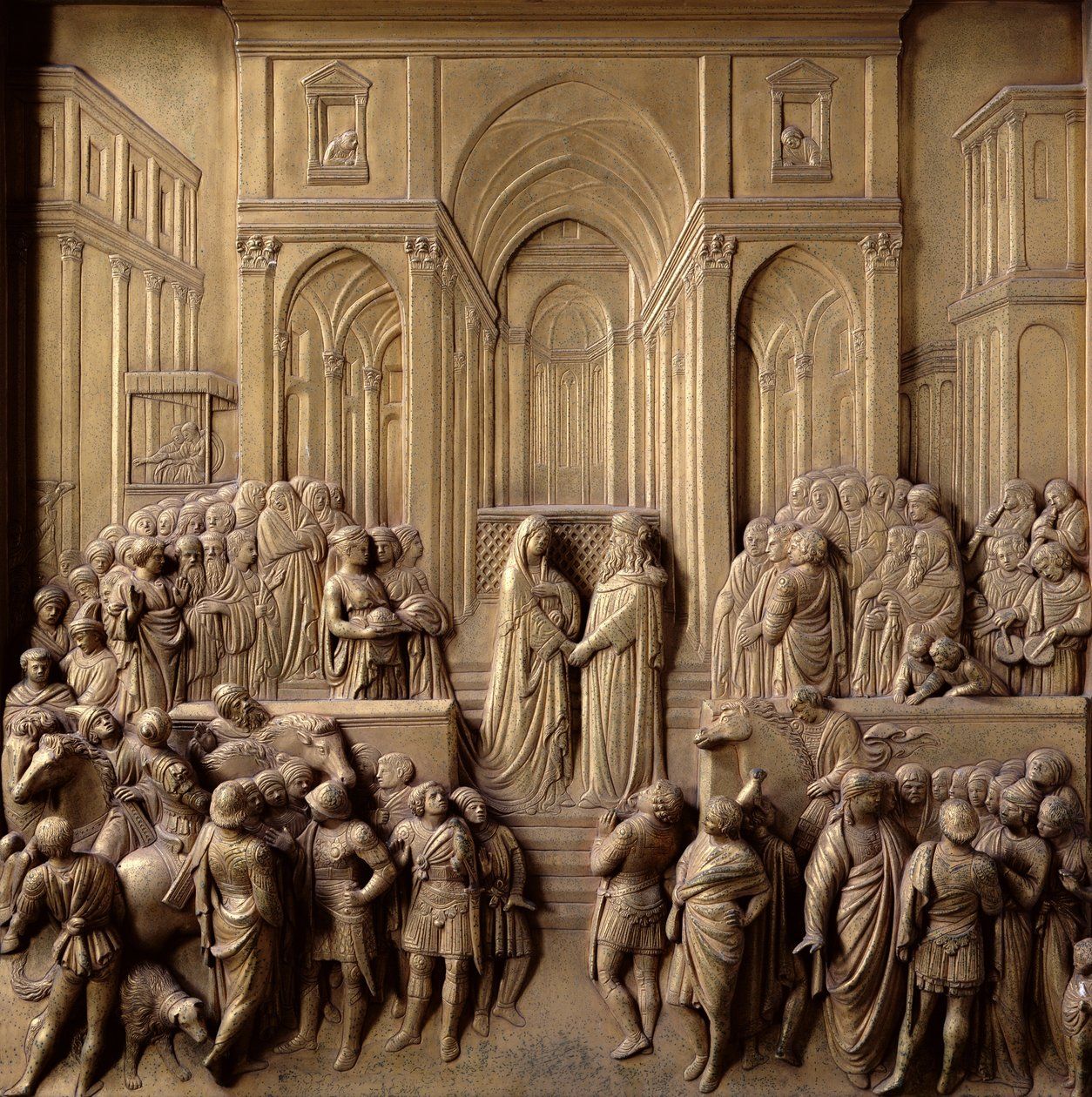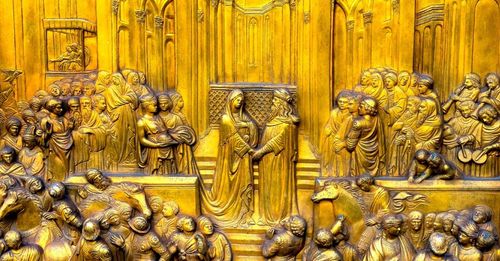Scripture Menu—
1 Kings 10:6-9 — The Verdict of the Queen of Sheba
“The report was true that I heard in my own land of your words and of your wisdom, but I did not believe the reports until I came and my own eyes had seen it. And behold, the half was not told me. Your wisdom and prosperity surpass the report that I heard. Happy are your men! Happy are your servants, who continually stand before you and hear your wisdom! Blessed be the LORD your God, who has delighted in you and set you on the throne of Israel! Because the LORD loved Israel forever, he has made you king, that you may execute justice and righteousness.”
Matthew 12:42 — The Verdict of the Lord Jesus Christ
The queen of the South will rise up at the judgment with this generation and condemn it, for she came from the ends of the earth to hear the wisdom of Solomon, and behold, something greater than Solomon is here.
Cogitations—
There is thick irony with the royal visit of the Queen of Sheba. We’re not exactly sure who this Queen was, or where she was from, or even what her name was. Ethiopia makes a strong case for being the place of origination for this mysterious Royal. Be that as it may, we know for sure she caravans to visit Solomon bearing gifts of great wealth, and leaves with a generous measure of wealth bestowed by the wise King of Israel.
The Queen of Sheba traveled north through the desert wilderness on a mission to discover if half of what she’d heard about this amazing king was true. And, at 10:6-9 cited above, she discovered in the affirmative, all was true. What catches my attention in her florid praise is this gem: “Because the LORD loved Israel forever, he has made you king, that you may execute justice and righteousness.” The dope is that Solomon did not do well in executing “justice and righteousness.”
After 1 Kings 10, there is only one more chapter of Solomon’s forty reign recorded. And that one last chapter will not end well. The united kingdom Solomon inherited from his father and built up will come apart at the seams. The presenting complaint for the division of the kingdom will be that Solomon did not dispense “justice and righteousness” very well.
The Queen of Sheba appears to have judged the king and his kingdom by external candy: wealth and might and architectural prowess, with a generous measure of self-referential praise. (Where is the young would-be king who in humility, pleaded poverty of wisdom?) In God’s communications with Solomon, He stressed He was not as impressed with all the material glory Solomon was assembling as Solomon obviously appeared to be. Remember? Solomon, if you’ll be faithful, and follow me with all heart, soul, mind and strength, your kingdom will endure. But IF you do not, watch out! (I paraphrase God’s words, of course.)
In Matthew 12, when Jesus goes after the religious “brood of vipers” who should know better, he references the Queen of Sheba who traveled a great distance to be in the presence of Solomon’s worldly (read: inferior) wisdom, and yet, they were in the presence of the true King of Righteousness and Justice and Wisdom, and they were missing it. Perhaps there is application to modern life (and the Church!) here? Does it seem we live in a world where externals matter more than a good godly heart disposition? Do we devalue the things God values above all else? May God have mercy and bestow more grace to his Church to nurture the values and virtues God desires to cultivate in the world!

Pictured: The Meeting of King Solomon and the Queen of Sheba, from the Gates of Paradise, by Lorenzo Ghiberti (1425-52)


